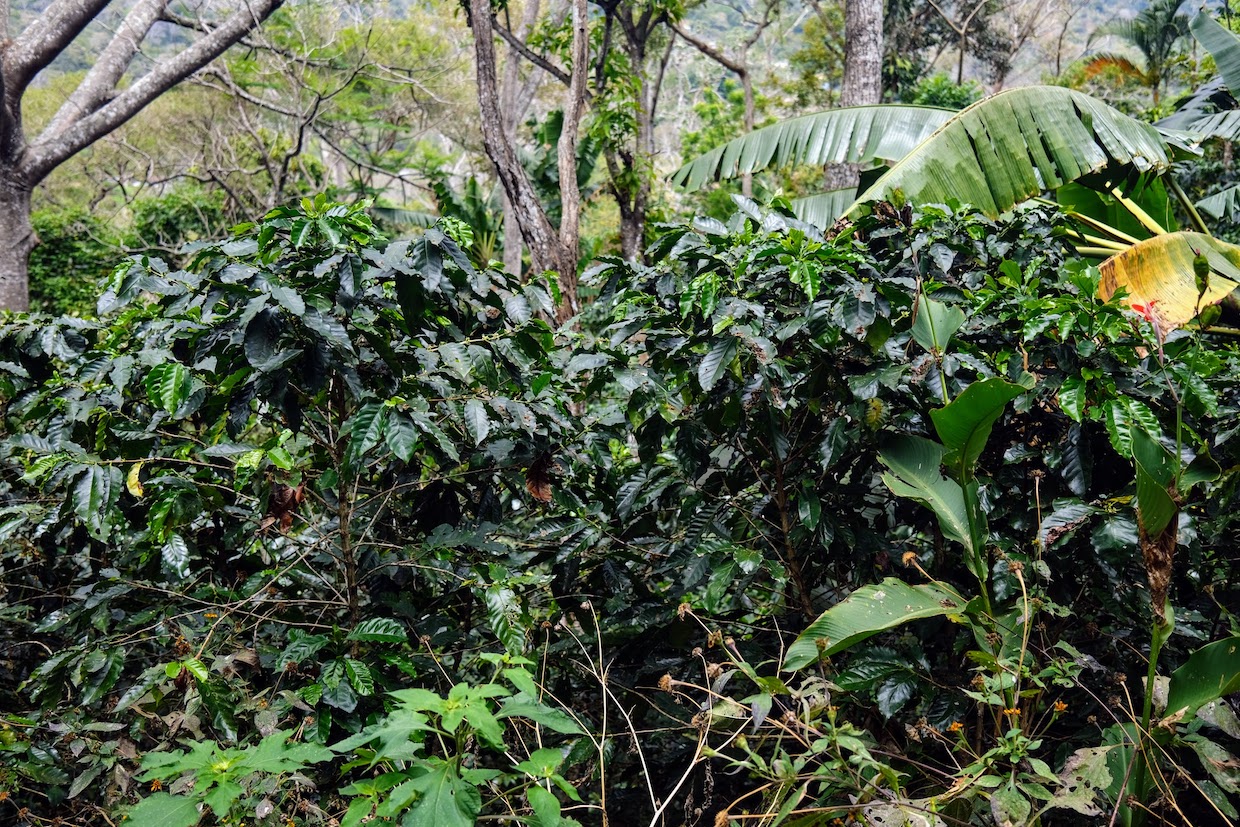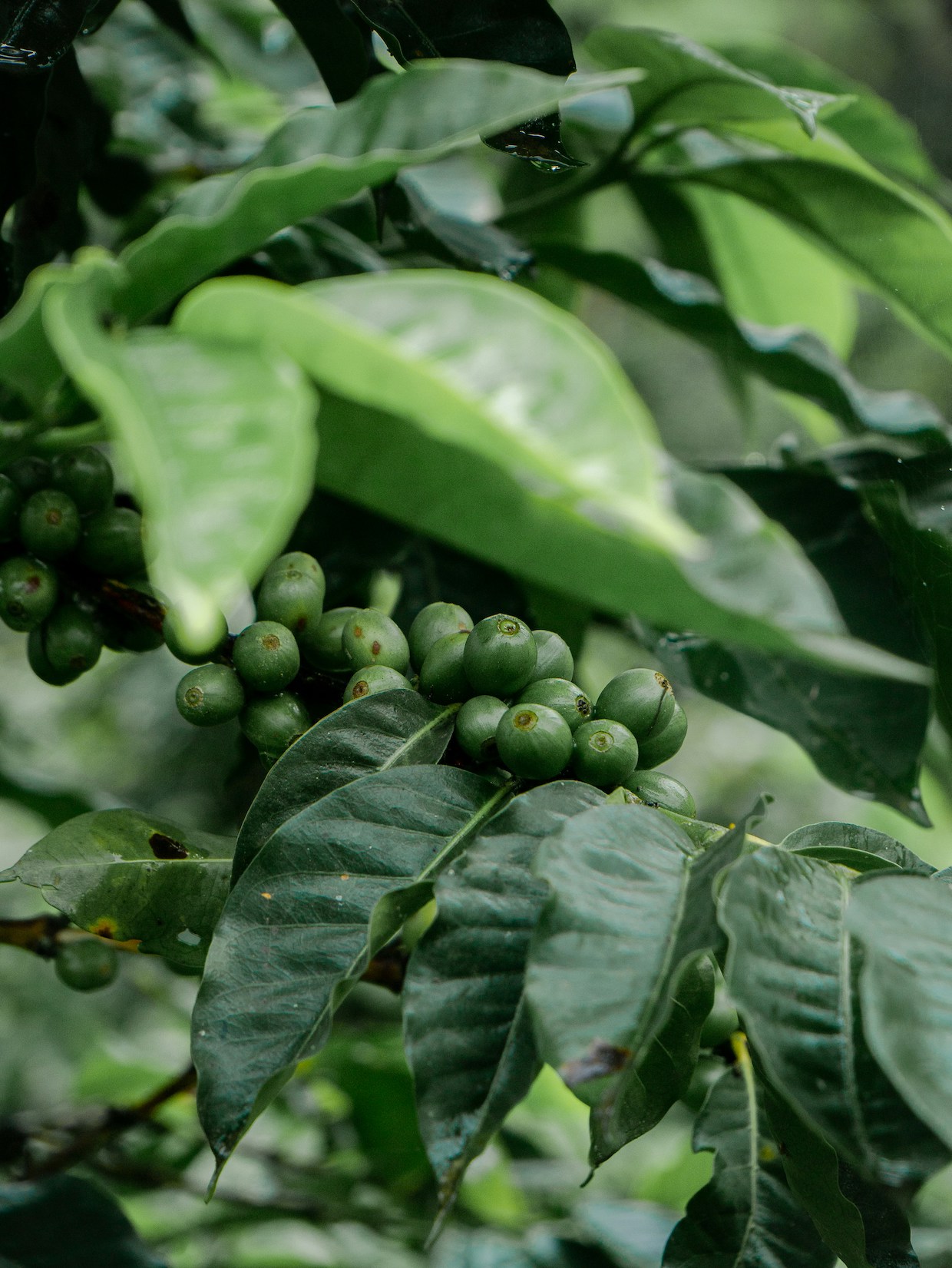With research supported by two of the world’s largest coffee companies, the United States-based nonprofit TechnoServe is making a business case for investing in regenerative agriculture in the coffee sector.
The large-scale investment appeal arrives amid growing industry buzz surrounding the concept of regenerative agriculture. It also comes as international development organizations face new funding roadblocks.
In “The Regenerative Coffee Investment Case,” the nonprofit said that transitioning to regenerative agriculture could increase smallholder coffee farmer income by an average of 62%, and boost production and exports by approximately 30%. Additionally, the transition would reduce current greenhouse gas emissions associated with farm activities by 3.5 million tons of CO2e annually, while restoring and protecting natural environments.
“These findings confirm what TechnoServe has observed over decades of working with coffee farmers: Regenerative agriculture is not only good for nature, but essential for smallholder livelihoods and the future of the industry,” Paul Stewart, global coffee director at TechnoServe, said in an announcement of the report. “It’s an investment that pays off for farmers, businesses and the planet.”
The numbers above reflect modeling associated with smallholder farmers in nine key coffee-producing countries — Brazil, Vietnam, Colombia, Honduras, Indonesia, Uganda, Ethiopia, Peru and Kenya.
The report estimates that investment in smallholder adoption of regenerative agriculture averaging $560 million per year over seven years in seven of these countries — Brazil and Vietnam excluded — would result in $2.6 billion in additional coffee exports, and $2.1 billion in farmer income each year.
The report was supported by Swiss multinational Nestlé and its coffee-focused subsidiary Nespresso, global coffee giant JDE Peet’s, and the nonprofit Rudy & Alice Ramsey Foundation.
The report’s call for a seven-year, $4 billion investment comes at a time when U.S. government-supported aid for coffee sector development projects has essentially come to a halt. USAID, which has been gutted under the Donald Trump administration, has been funding TechnoServe-led projects since at least the 1980s, including multiple coffee sector projects launched since 2020.
The report calls for substantial private-sector investment in regenerative agriculture, as well as collaboration among “investors, industry, government and service providers.” Given its vast scope, the report also suggests that the scale of investments and their impacts will vary based on region and existing practices.
Generally speaking, the report focused on typical, or “archetypal,” smallholder farm scenarios for each of the countries, excluding the kinds of large estate-style farms that account for approximately 20-40% of the world’s coffee production.
In a press release from TechnoServe, representatives of Nestlé and JDE Peet’s each praised their respective companies’ existing sustainability schemes, while signaling support for future investments in regenerative agriculture.
“We’ve experienced first-hand how implementing regenerative practices help farmers tackle long-standing challenges like profitability and climate impact,” Nadia Hoarau-Mwaura, global responsible sourcing director for JDE Peet’s, said. “This detailed study offers a clear, practical path to implementing regenerative agriculture at scale — one that requires industry-wide collaboration. At JDE Peet’s, we are proud to support and help lead this transition.”
Comments? Questions? News to share? Contact DCN’s editors here. For all the latest coffee industry news, subscribe to the DCN newsletter.
Related Posts
Nick Brown
Nick Brown is the editor of Daily Coffee News by Roast Magazine.








Comment